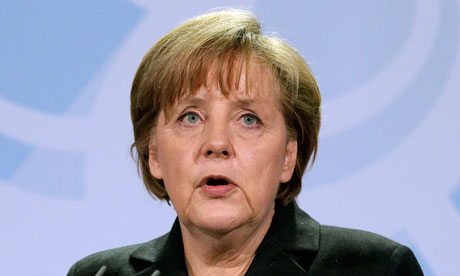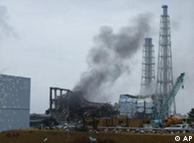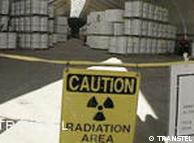Common man
Member
- Mar 10, 2011
- 15
- 0
Nuclear energy seems to be a solution to power ration. Following the tsunami disaster and Two nuclear reactors explosion in Japan,do we still need nuclear in our country? anda:
anda:


Meanwhile hali ya umeme Africa ni kama hivi...


Risk are always there! If you can not take a part of risk in your life, then you will never win!!!
Oooh maskini waafrica tupo dunia hii kama vile hatupo. Kwa nini tusitumie jua kujiletea umeme??
kweli kila siku tuna almost 8 hours sunshine halafu bado umeme tanzania ni asilimia 20??
mainjinia na elektrikas nchi hii hawapo?
Oooh maskini waafrica tupo dunia hii kama vile hatupo. Kwa nini tusitumie jua kujiletea umeme??
kweli kila siku tuna almost 8 hours sunshine halafu bado umeme tanzania ni asilimia 20??
mainjinia na elektrikas nchi hii hawapo?
 Großansicht des Bildes mit der Bildunterschrift: Moshi katika kinu cha nyuklia cha Fukushima Daiichi
Großansicht des Bildes mit der Bildunterschrift: Moshi katika kinu cha nyuklia cha Fukushima Daiichi